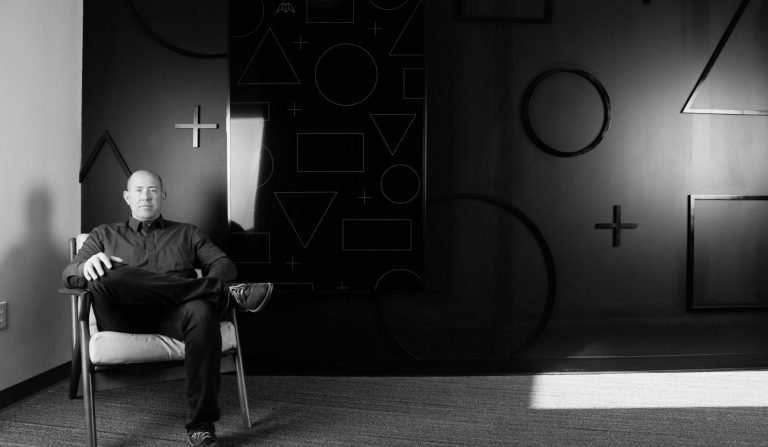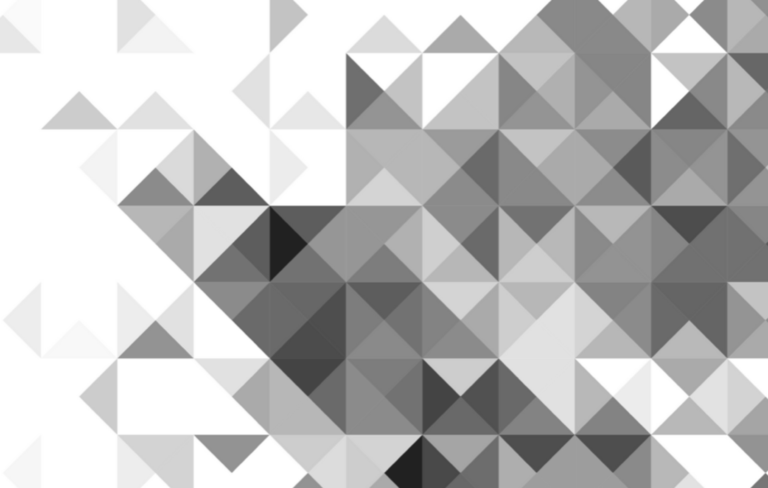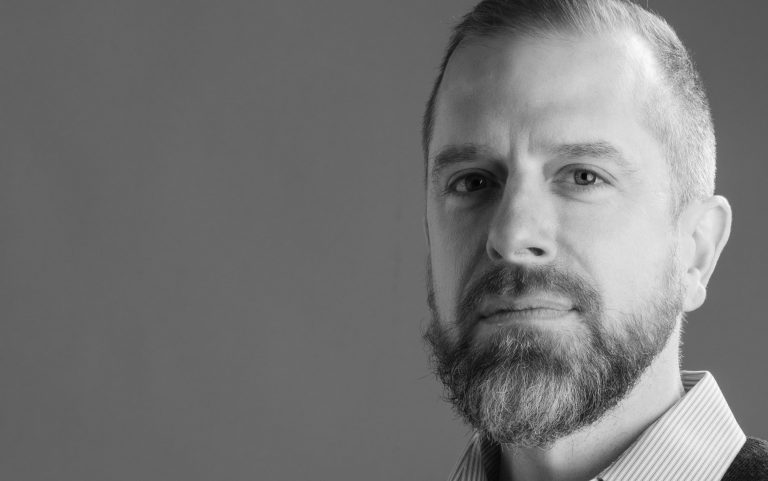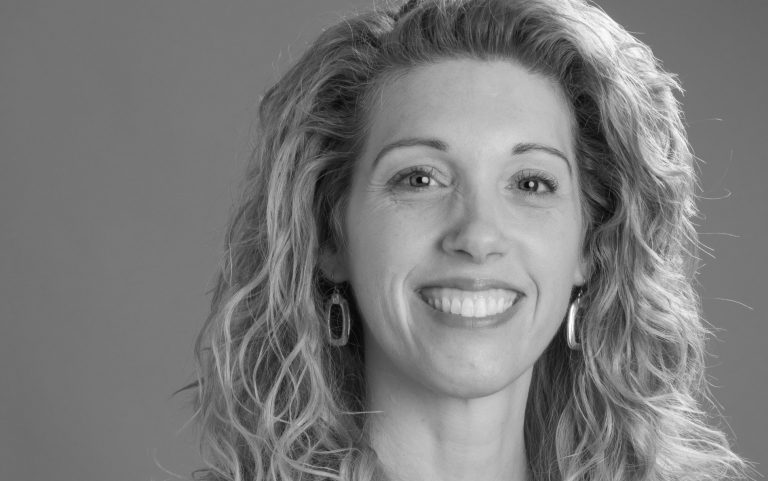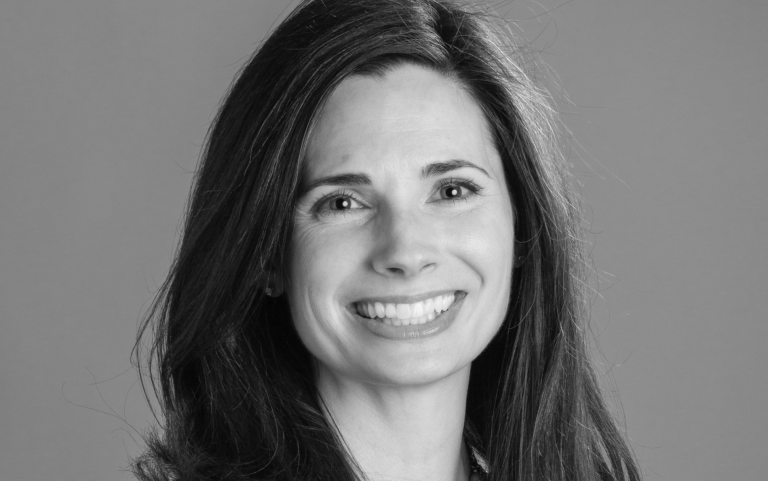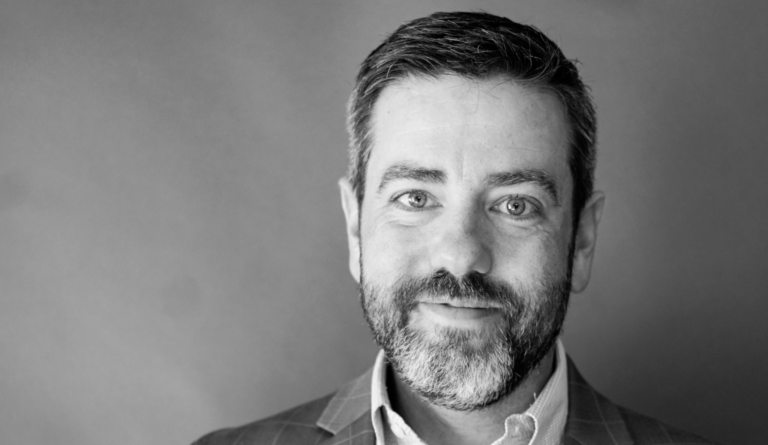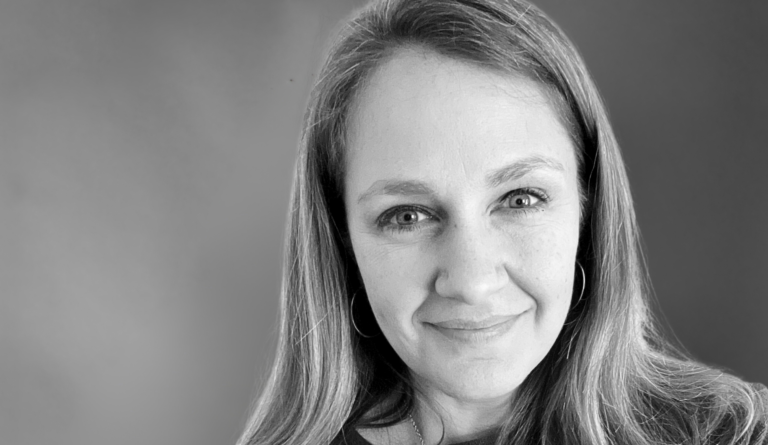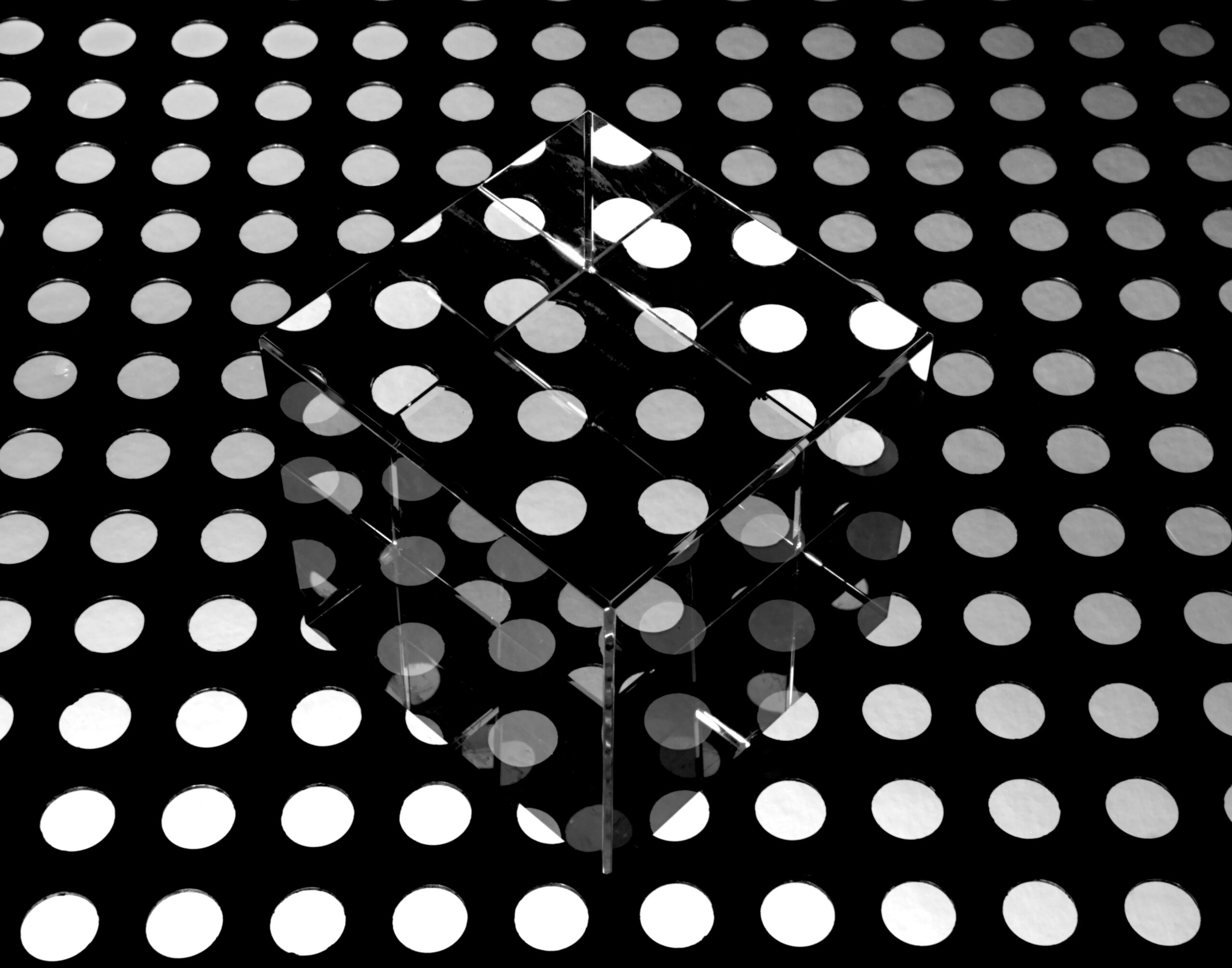Ancient wisdom says that knowledge “puffs up” and that fits with my experience. Getting a hit of new knowledge from a podcast, book, or latest HBR issue puffs me up with false confidence. If I get a chance to pass it along, well then, I get a little more puffed up. I have done this with everything from parenting insights to leadership ideologies to spiritual practices.
I’m realizing that consuming more information only creates the illusion of growth. Having information doesn’t require anything from me except my appetite. Transformative confidence doesn’t come from having the right answer; it comes from practicing.
Here’s a recent example: I spent 12 weeks working through Julia Cameron’s The Artist’s Way with three other women to practice reconnecting to our creativity, not just reading about it. We completed our “morning pages” (a great place to ask yourself what you think, feel, and do, and why) and went on Artist Dates (feeding our creativity through experience). Slowly, I started to realize many things about myself that I had been asleep to: I could easily spend a lifetime thinking about doing things and not take any right action; that I have a greater desire to contribute to the world than I had let myself feel. It was a meaningful time of not just knowledge-growth, but transformative-growth.
After we wrapped up the formal curriculum, we wanted to continue to grow our creativity together. But the siren song of knowledge-as-growth lured us in: we read three books together, all about creativity. We consumed a bunch of information and fell prey to the illusion that we were growing.
When I brought up the difference between information and transformation for us at our last session, we opted to change our course. For our homework this time, we vowed not to consume someone else’s thoughts about creativity, but instead practice it by writing a poem. Let me just say, writing a poem and reading a book are wildly different endeavors. Right away, differences between information-fueled-growth and transformative-growth emerged. Here’s what I’m learning:
Transformation requires presence: Before ever putting a pen to paper, the first major contrast I experienced was needing to pay attention to my life. When I am on an information binge, I can numb out to my life: I may be doing dishes, but my mind is miles away in an audiobook or podcast. Poetry-writing (and transformative growth) requires my presence in the world. I need to engage my gut and heart, not just my mind in order to grow.
Transformation is messy: Another big difference was how iterative growth-through-practice was. My notebook stayed open for the past two weeks to fiddle with a phrase, clarify a thought, jot down an idea for an entirely different idea to pursue. The first stab at a poem is never the last– and real growth doesn’t happen the first time you try. Transformative growth is born from an alchemy of experimenting, observing, reflecting, and adjusting. In a word, it is messy.
Transformation is risky: One final observation, transformative growth is risky. When we shared our poetry with each other in the group, we had to be vulnerable to the risk of rejection. As we shared, I could see why poetry reading gets snaps from the audience instead of raucous applause. The quiet praise matches the vulnerable posture of the reader. That risk is absent when I am on the puffed-up route to “growth.”
In short, practicing creativity requires more work than passive consumption. Taking action, along with taking in knowledge, invites growth. My invitation to (especially cerebral) leaders is to not just read the book, study the framework, go on the retreat, or finish the workbook, but to experiment with embodying the information you take in. Developing as a leader, I’m finding, is more about consistent practice over time, than it is a one-time “smart” performance.


